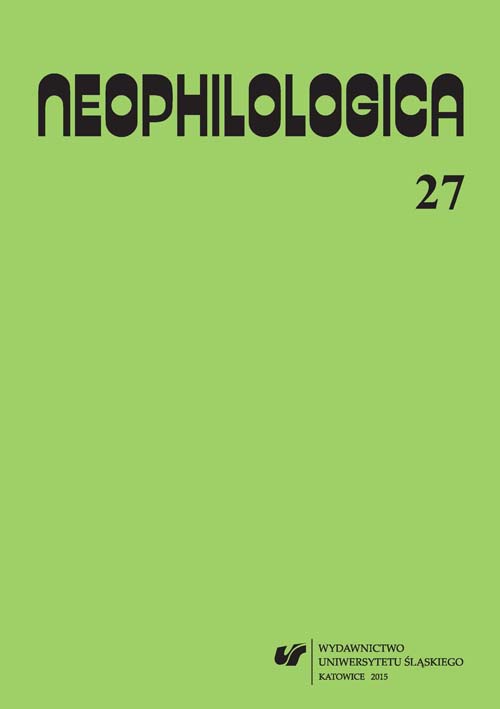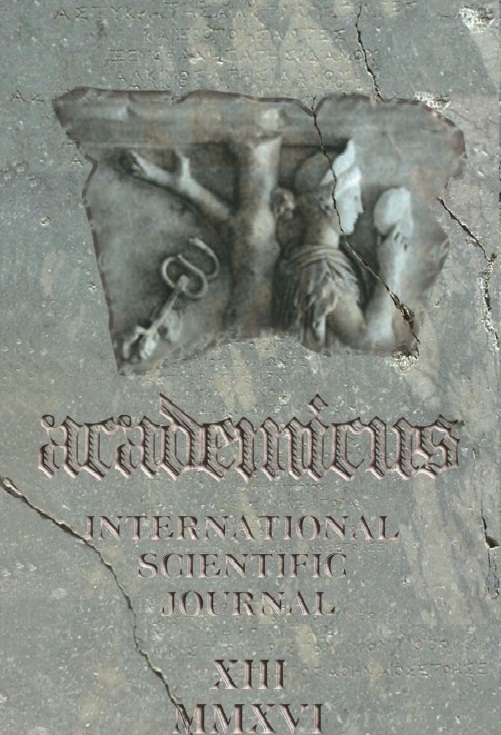
The accompli aspect and the translation of the tense futur antérieur into Polish
L’aspect accompli et la traduction du futur antérieur en polonais
Keywords: future tense; futur antérieur; accompli; aspect; resultativity
The purpose of this article is to describe the means of translating the grammatical tense futur antérieur in the accompli aspect from French into Polish. The accompli aspect constitutes a trait which is characteristic for French compound tenses, but absent from Polish in any form which would indicate the completion of the process and the state resulting from it. The perfective aspect of the future tense does not allow to underscore the resulting state, therefore, the translator tries to express it by using other structures.
More...
